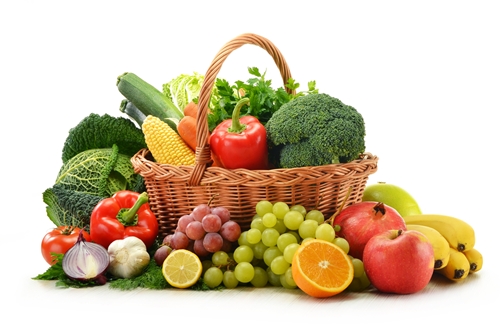
FAQs: Packaging-Free Shopping
People across the world who care about the environment have begun doing their grocery shopping sans packaging. Think about it: By the time you leave a conventional supermarket, you may have accumulated numerous plastic produce bags, countless pre-prepared foods wrapped in cardboard, Styrofoam and plastics, a handful of disposable grocery bags, and individually wrapped meats and fish resting on slabs of Styrofoam. The amount of waste generated by just one shopping trip is enough to cause concern – but these are the shopping habits more than 23.13 million Aussies do on an almost weekly basis. Most of that waste, if not all, can easily be avoided with packaging-free shopping.
Thinking about greening your shopping experience, but not sure where to start? We’ve got the answers to all your questions about packaging-free shopping.
How do I start packaging-free shopping?
Your first step is to invest in non-disposable products for transporting your grocery items. Many of us already have reusable shopping bags, but it doesn’t end there. You’ll need reusable fruit and vegetable bags, as well as jars for nuts, grains and other dry goods.
What kind of foods should I buy?
Once you attempt to shop sans packaging, you’ll begin to realise that the most environmentally friendly foods are often the most healthy. Apples, broccoli, leafy greens, asparagus and other produce slide easily into reusable produce bags, and come directly free of packaging.
Avoid processed foods. These all come layered with plastics, cardboard and everything in between.
What about meat?
When it comes to meats and fish, purchase these proteins directly from the deli. You can have packaging-free shopping by bringing along a Tupperware container or other device, and ask the butcher to weigh your items before placing them into your non-disposable container.
What about beverages?
This is an area where you may need to do a bit of research and can be one of the bigger packaging-free shopping challenges. If you drink fruit juices regularly, you may need to invest in a juicer and begin making your beverages from fresh fruits and veggies. When it comes to milk, you’ll want to look into programmes in your community that allow you to bring milk jars back the manufacturer for reuse. This is actually more common than you might think – many farmers supply milk in glass jugs, and consumers can return those containers to the farmer after they’ve finished the contents.
What if I need something packaged?
Many families find giving up packaging entirely to be unrealistic. If you choose to purchase some packaged goods but still want to help the planet, look for directly recyclable materials such as cardboard, aluminium (that isn’t lined with plastic, as this makes it non-recyclable) and glass.


